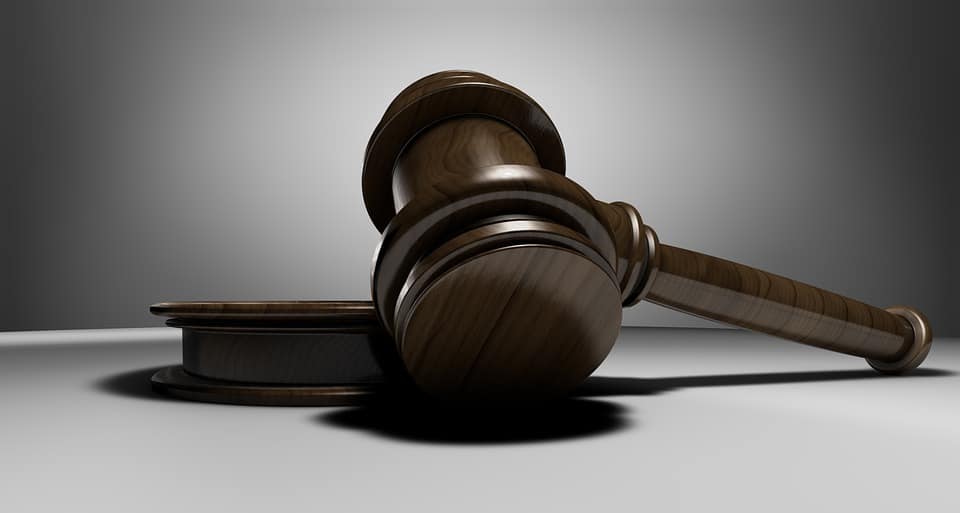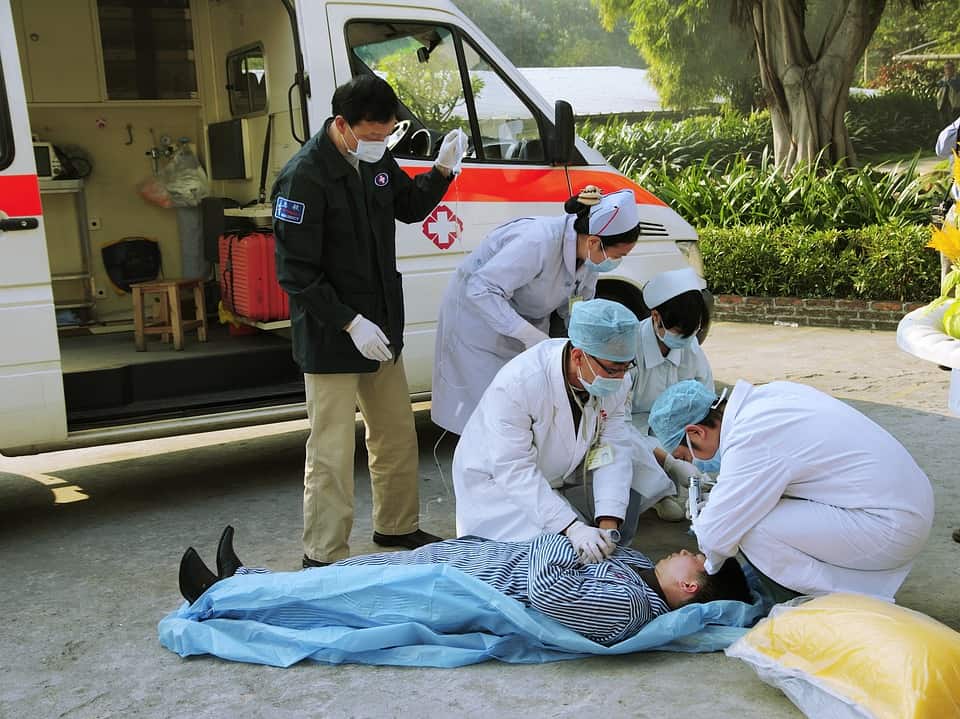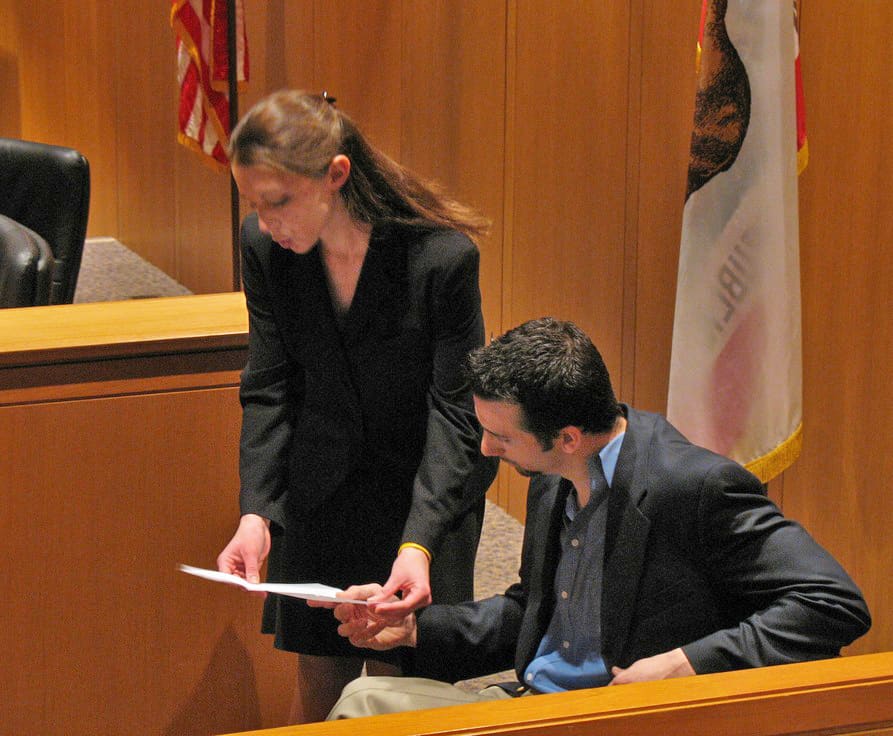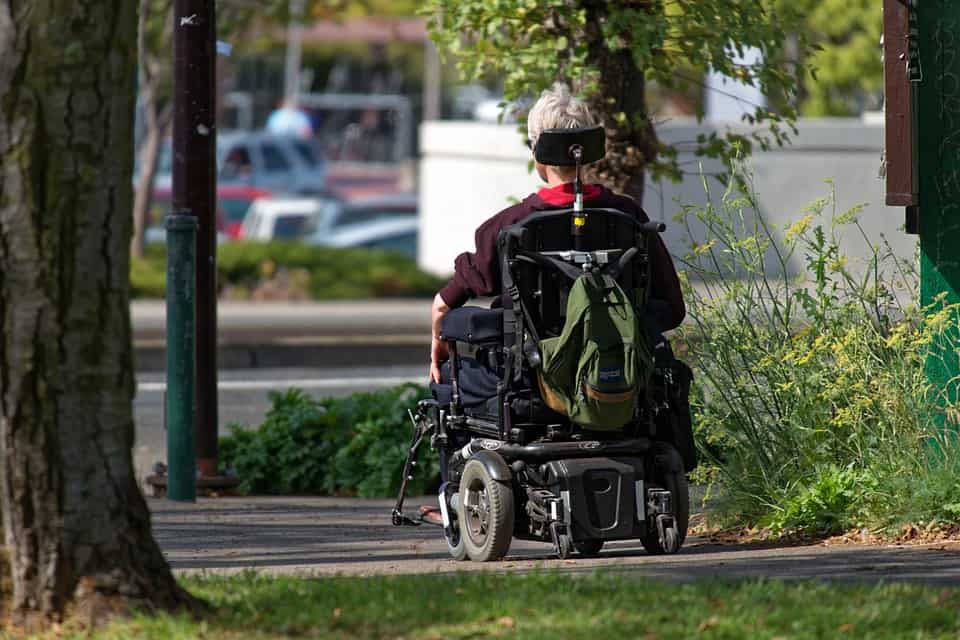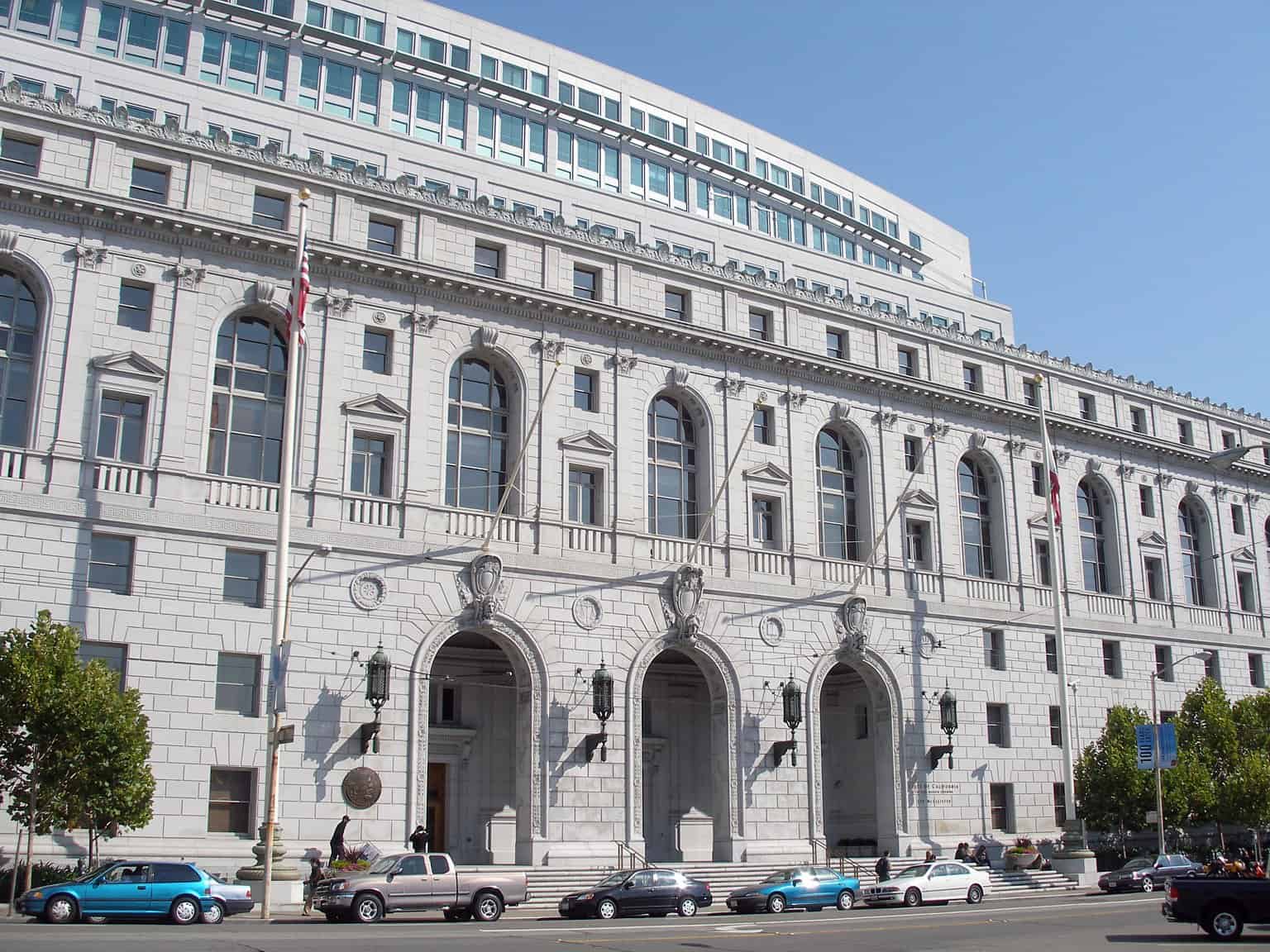Perhaps the Most Important Appellate Court Case for California Personal Injury Clients
On November 23, 2009, the Court of Appeal, Fourth Appellate District of California (which includes much of San Diego and Orange County) handed down an opinion which helped injured Californians seeking full compensation for injuries caused by others. The opinion, Howell v. Hamilton Meats & Provisions, Inc., declined to follow the insurance industry’s argument that injured people can only collect monies for the reduced amount of their medical bills negotiated by their health insurance companies. The Court upheld the “collateral source rule” that a negligent person must pay for all the harm they caused–including the full amount of medical bills charged by the health care providers–and cannot obtain the benefit obtained by the injured person’s health insurance (the “collateral source”, i.e., a source of payment other than the negligent person.
The Howell case involved a car vs. truck accident where San Diego County resident Rebecca Howell was hit by a commercial truck owned by Hamilton Meats and driven by their employee. As a result of the auto wreck, Ms. Howell was admitted to the hospital and received subsequent treatment from her doctors in the total amount of over $189,000 which included a fusion of the vertebrae in her neck. At trial, Hamilton Meats admitted liability for causing the accident but disputed the amount of damages that Ms. Hamilton was seeking for compensation (this is very typical). After the trial, the Vista, CA jury awarded Ms. Howell nearly $690,000, including her $189,000 in medical bills.
After the rial, Hamilton Meat’s attorneys sought to reduce the amount of the verdict by arguing that the true amount of the medical bills was $59,000 and not $189,000 after her doctors agreed to accept reduced payments from Ms. Howell’s health insurance carrier. Typically, doctors will agree to a reduced payment from a health insurance company so that the total amount paid for care is not the face value of the bill. They do this for a variety of reasons, including having the benefit of being an approved doctor (and receiving a pipeline of patients) and receiving “in-kind” benefits such as equipment and supplies.
The trial court granted the reduction under a line of cases commonly known as Hanif/Nishihama. During the last five years, the insurance companies have convinced the trial courts that this line of cases allowed for post-trial reductions in jury verdicts despite the fact that the collateral source rule clearly stated that injured people can collect the full amount of their medical bills. The collateral source rule had been California law for nearly 40 years before the Howell decision was handed down earlier this week.
The Appellate Court decision reversed the Hanif/Nishihama rulings and clearly states that the collateral source rule is California law.
This is perhaps the most important ruling in favor of injured Californians in the last 5 or 10 years. The insurance companies had used Hanif/Nishihama to ratchet down settlement offers and to reduce jury verdicts. Now, with Howell, injury victims who had the foresight to obtain health insurance prior to their accident will not find themselves penalized for doing so in court.
Read the whole opinion.
We want to salute and thank the San Diego, CA personal injury lawyers who fought for this victory.…

